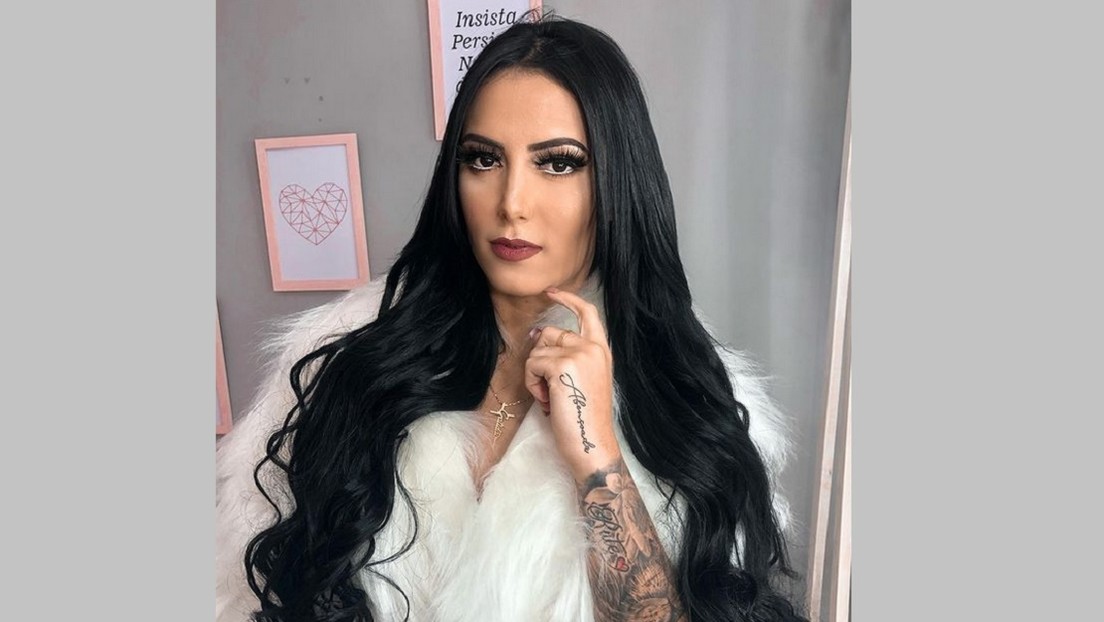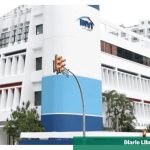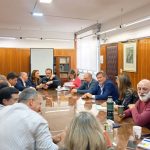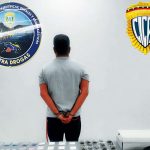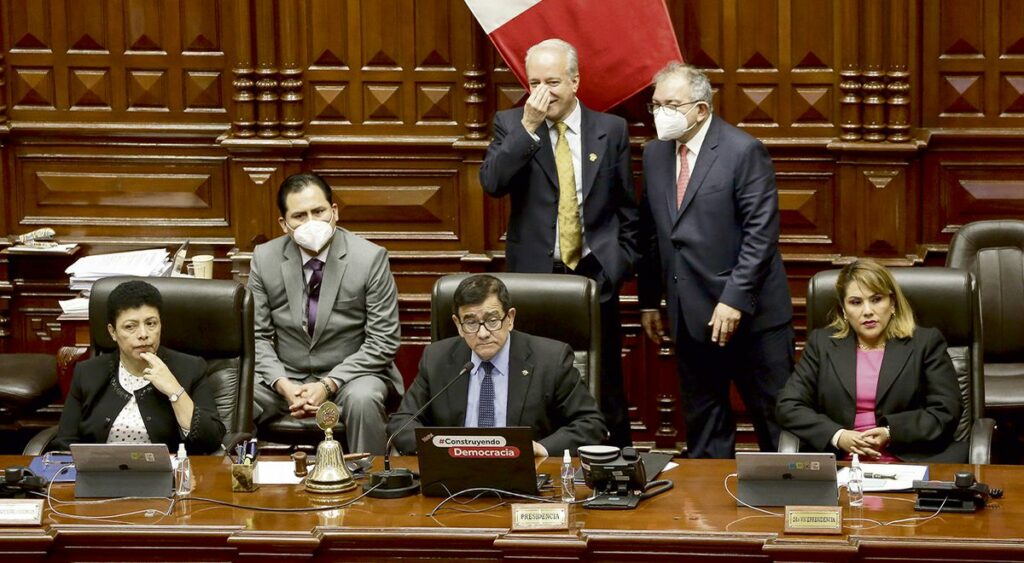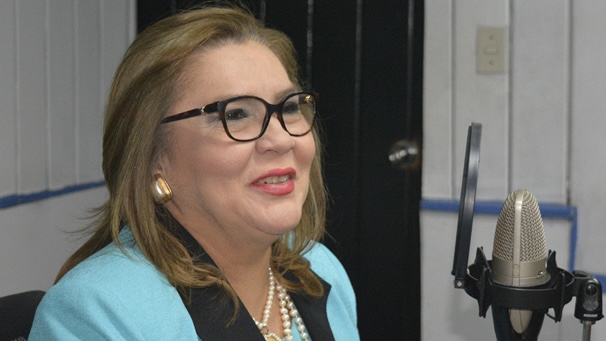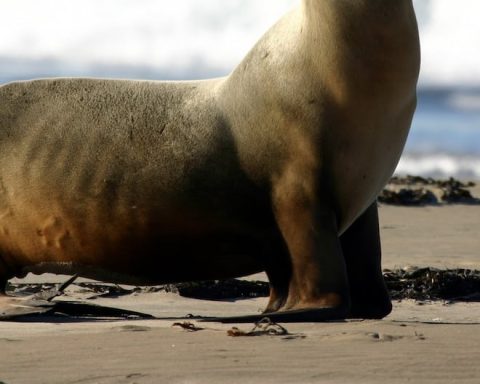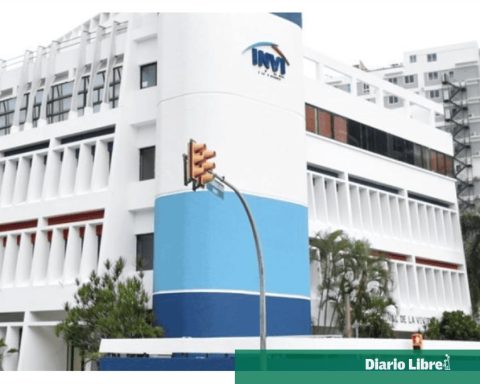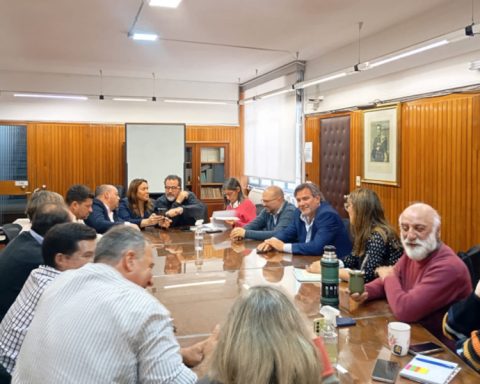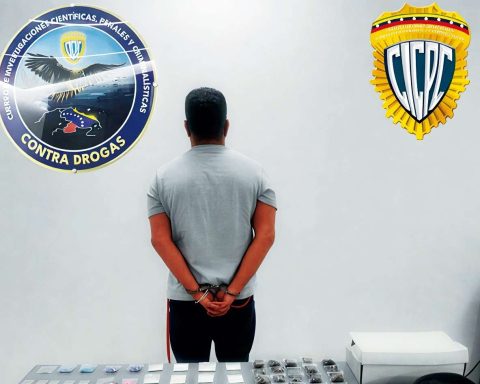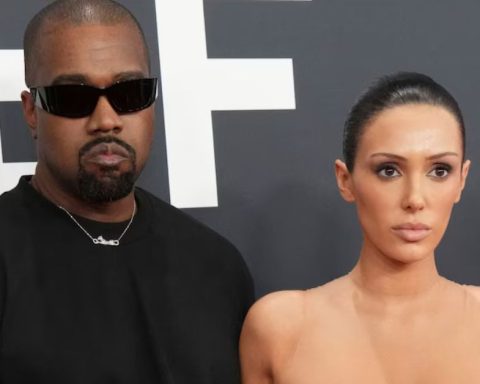“Peace of mind is good for business,” says Joaquín (not his real name), with a smile and a rapper hat that is too big for him.
At 37 years old, two of them in prison, Joaquín serves as a spokesman for the gang that controls drug trafficking in Comuna 6, a working-class neighborhood on the mountainside in northwest Medellín.
Wearing ripped jeans over his underwear and a Beretta 92 pistol under his hooded sweatshirt, this little capo with a teenage air is part of a group under the orders of the Oficina de Envigado, the masters of organized crime in the city, who handle all kinds of traffic illegal and extortion of the population according to the authorities.
– “Parallel justice” –
While the new leftist president, Gustavo Petro, intends to negotiate a “total peace” in Colombia, with the guerrillas but also with the criminals, AFP spoke with some of those who control the “micro-trafficking” in the streets of Medellín.
The city of nearly 3 million people bears the stigma of Escobar, who during the 1980s and early 1990s exported thousands of tons of cocaine to the United States and waged war against the state.
“Scobar? He was too violent, too many dead for nothing”, says Joaquín about the capo shot down by the police in 1993. “We are an organized group that obeys the Oficina de Envigado. The law (police and justice) knows us, they know who we are.”
“We are in solidarity with the community. Unlike other gangs in the city, we do not ask merchants for a peso, there is no extortion, there is no kidnapping,” she says.
Joaquín describes his business as “mainly social and political work”, and “only sometimes military”.
“We are the parallel justice that is in charge of what the ordinary justice cannot or does not have time to do,” he maintains.
That day, for example, they try to locate a man accused of abusing a child, whose portrait with a goatee beard was circulating on the gang’s cell phones.
At sunset, children play on a synthetic soccer field. At the nearby park, the gang politely asks pot smokers to move to what Joaquin calls “tolerance zones,” distant and out of sight.
“Everyone lives in peace in our territory,” he says. “We must not scare the merchants and the people. We want the population on our side.”
– Fish in the water –
The big business in the neighborhood, which “should not be named for security reasons,” is drugs. The band manages the market throughout Comuna 6.
“We have our own stores (…) several dozen” throughout the city, says Joaquín.
Near the soccer field, regular visits next to a small house indicate that it is one of these “stores”. A garbage bag hides a window where money is collected. The drugs come down from the second floor in a can on a rope.
Marijuana, cocaine, “bazuco” (crack): traffickers supply everything. Isn’t this poisoning the community? “Each one is responsible for what he does,” eludes Joaquín.
“Everything is organized, it’s like a company. There are those who deal with sales, logistics. The bosses pay our salaries,” he explains.
In this labyrinth of brick houses and sloping alleys, Joaquín and his henchmen move like fish in water. They chat with shopkeepers, nonchalantly stuff a gun into a bag, discreetly slip a package to a shop owner.
Joaquín meets with two of his acolytes and the AFP in a lost house in an alley watched over by teenagers from the neighborhood.
– Peace? –
On the table of a grimy and dark room lie firearms among sacred images. Horse posters hang below a reproduction of “The Last Supper.”
“Nothing better than peace,” says Javier, his face masked. “Each group manages its territory in its own way, the chiefs talk to each other, everything is arranged through words.”
After the years of blood and lead of the Escobar era, plagued by guerrilla, paramilitary and army operations, Medellín began to change in the early 2000s.
While in 1992 the homicide rate was 350 per 100,000 inhabitants, in 2021 it was 15.7, and in 2022 it was 10.2, almost half the national average (17.8). Analysts attribute it to a non-aggression pact between corrupt authorities and the then head of “La Oficina”, Diego Fernando Murillo, alias “Don Berna”.
“There is a mafia peace,” says Joaquín. “At the moment everything is very calm.”
The last time they took out long guns to patrol the neighborhood was in June, when the Clan del Golfo, the main criminal gang in Colombia, “agitated” against the police. There are also tensions with the “Pachelly”, a rival organization, he complains.
“When everyone seeks power is when problems arise,” summarizes Pedro, caressing his .38 caliber, with a joint of marijuana in the other hand. “If we have to make war, we do it, but if we don’t make noise, everyone is happy,” he adds.
Emissaries from the gangs met with the government peace commissioner in late September, according to local press. And the Colombian Congress is discussing a government initiative to negotiate with organized crime structures.
“We are willing to listen, we will do what the bosses decide. And Petro can come, in the end they are the ones in charge”, says Pedro.
But the gang members believe that in their territory “there is already total peace.” “Thinking that everyone is going to turn themselves in (to justice) is utopian,” says Joaquín.
“Never forget one thing”, concludes the ringleader: “Medellín is and will always be the city of bandits”.
